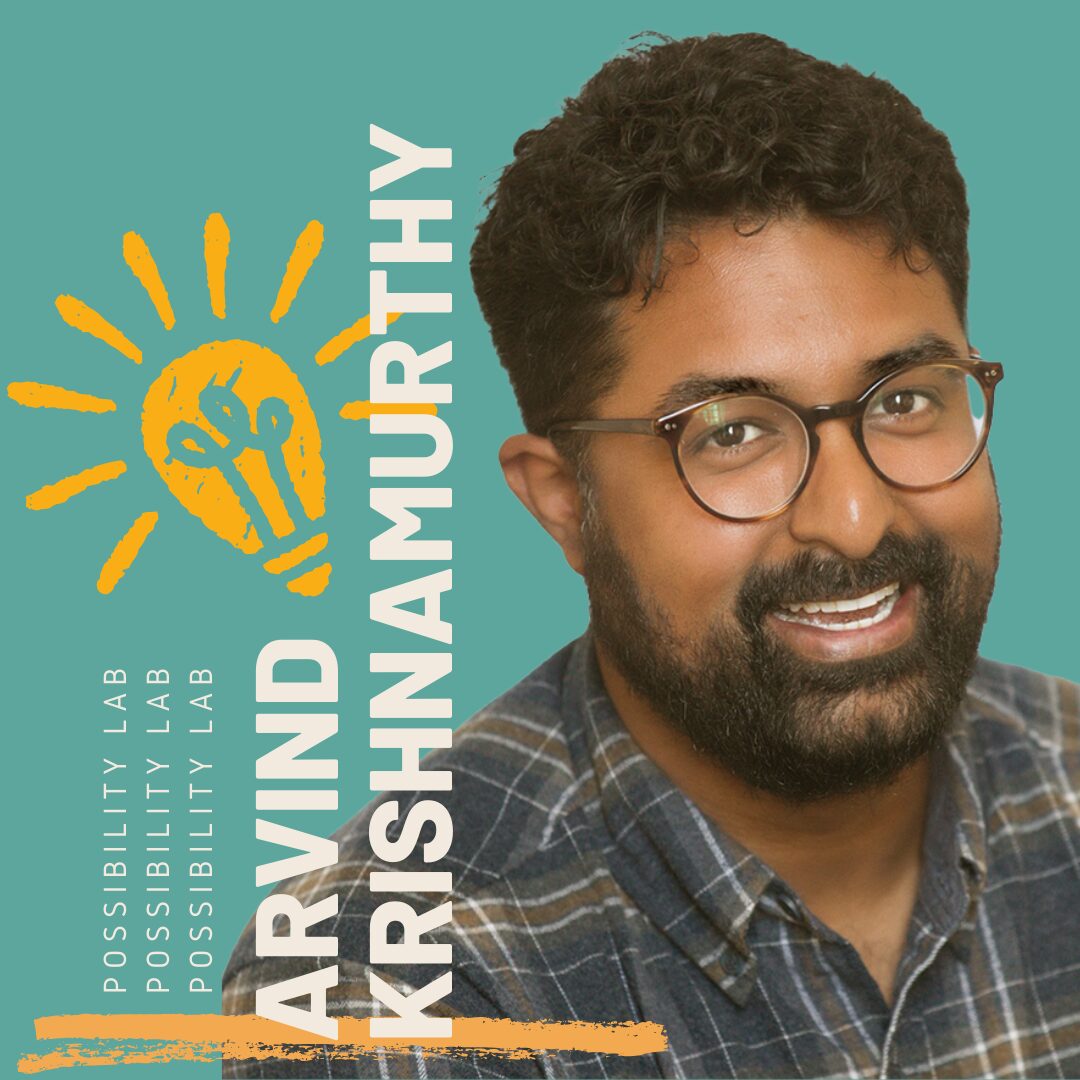Not Only for Academics: Using Research to Inform Policy, Institutions, and Government

When I began college at UNC-Chapel Hill, I thought that I would become a lawyer. I was passionate and interested in creating a more equitable and just criminal legal system, and I always believed that going to law school was the way to do that. Then, I took a class on the death penalty with Dr. Frank Baumgartner. The course highlighted research on capital punishment, but it also brought in speakers directly affected by the death penalty—family members, prosecutors, and even individuals who were wrongfully convicted and subsequently exonerated. Through hearing those speakers, I saw how the research we read informed policy, court rulings, and even individual trials. I did research with Dr. Baumgartner and saw up close that research does not have to be done only for other academics, but can reach a broader audience. Our team was even fortunate enough to see our work cited by the Texas State Legislature and the Supreme Court. This work showed me that research can—and should—inform policy, institutions, and government.
As I pursued a Ph.D. in political science at Duke University, I concentrated my scholarship on the intersection of racial and ethnic politics and criminal legal institutions. In my dissertation, I focused on civilian oversight agencies—government bodies responsible for civilian oversight of municipal law enforcement. This work was fascinating, but in relying mostly on administrative datasets, I felt myself longing for the ability to be in direct conversation with these institutions—to see if my ideas could improve outcomes in practice, not just in theory. So, as I finished graduate school, I sought an opportunity to not just study criminal legal institutions, but to also work with government partners. When I learned that the Possibility Lab was seeking a postdoctoral researcher, I knew I’d found a perfect fit.
At the Possibility Lab, I’ve been able to put research into practice, working with dynamic partners like the San Francisco Department of Police Accountability (DPA) and the California Civil Rights department (CRD). With DPA, we are using administrative data and surveys of complainants to understand how the complaint mediation program influences attitudes towards the department. With CRD, we are using reports to the CA vs Hate hotline to understand what motivates individuals to seek help following a hate act. With both of these projects we are working towards a data-informed set of policies to produce a just and accountable criminal legal system. I’ve also been fortunate enough to work with colleagues who have years of experience in government, nonprofits, and community-based organizations. Working with this broad range of experts has reinforced for me the necessity for researchers to be in conversation with the institutions they seek to understand.
There are many insights, quirks, and practices that do not show up in the rows of a spreadsheet. And those insights are sometimes the most important for understanding why people make the choices they do. My time with the Possibility Lab has not just allowed me to see if the ideas in my research can improve government, but it’s also allowed me to learn so much about our criminal and civil legal institutions. Now, I hope to launch my academic career by continuing to put the lessons I learned with the Possibility Lab into action.
Our Work




